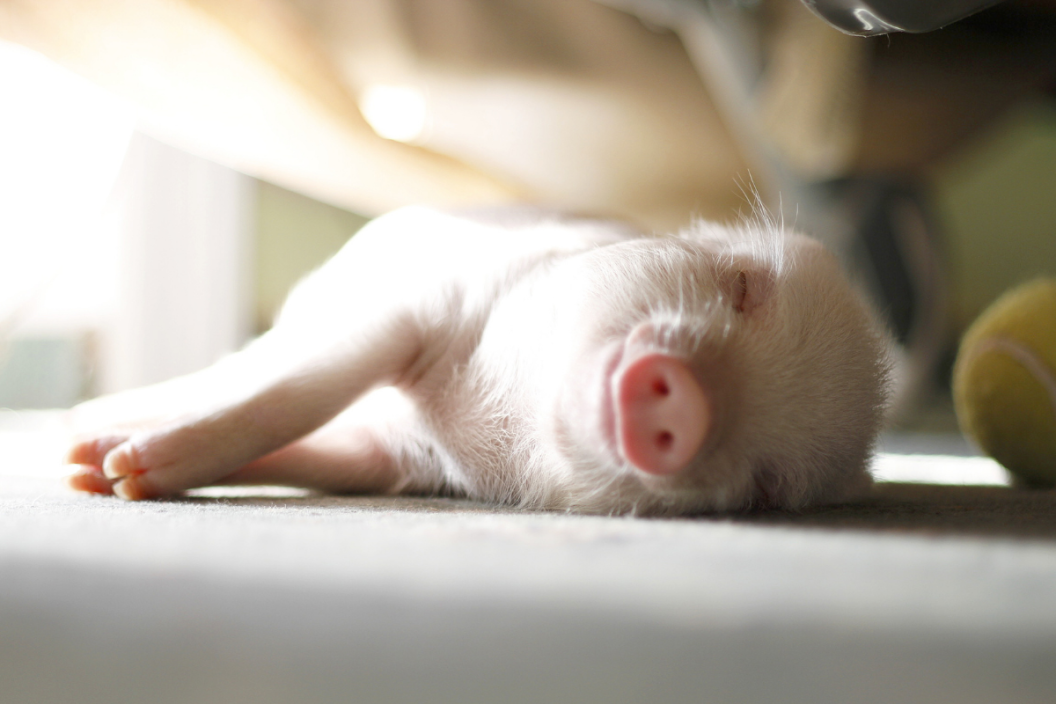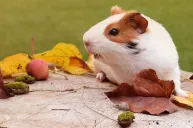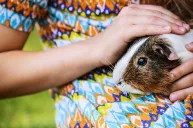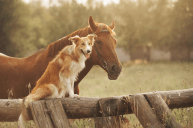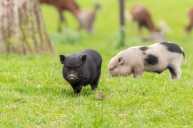Let's face it: pigs are adorable. With the popularity of keeping these traditional farm animals as pets on the rise, here's what you need to know about pet pigs.
Here at Wide Open Pets, we love all animals big and small, but we have a special spot for farm animals, and one of the cutest farm animals out there are pigs. (Honestly, who can resist a "teacup pig" or a piglet?) Anyone who has seen the old family classic "Babe", or if you thought of having a non-traditional pet, must have thought about owning a pet pig one time or another.
Yes, pigs do make good pets. They are very intelligent animals, super affectionate and loving to their humans (pigs are social animals!), and, contrary to what most people might believe, pigs are clean; they are even hypoallergenic! Even though pigs are not the right pet for everyone, they do make wonderful companion animals for the right caregiver.
However, due to a surge in popularity over the past few years of people wanting a pet pig but not doing the necessary homework on what it really takes to own a pet pig, pigs have been surrendered to pig rescues and pig sanctuaries across the country.
Do Pigs Make Good Pets?
https://www.instagram.com/p/CJL4PEHJCzX/
When people think of getting a pet piggy, they are usually thinking of Vietnamese Potbellied Pigs, a.k.a. Potbellied Pigs, or simply, Potbelly Pigs. These miniature pigs are the smaller members of farm pigs.
There's one important thing to remember: even though they are mini pigs, they are commonly mislabeled as micro-pigs or teacup pigs — often giving the misconception that these cute little piglets stay small.
Pig breeds sold as "teacup pigs", such as the Potbelly pig, the Kunekune pig, and the Juliana pig, even though told will stay small, will still grow up to at least 60 to 160 pounds at full-size, if not more. So, it's vital to give your pet pig enough space. If given not enough space, pigs can become depressed or anxious, which can turn into behavioral problems. While some pigs enjoy being inside, pigs need plenty of outdoor space so they are not suited for apartment living. It's best to give your piggy a fenced-in backyard, preferably with a wallow (a shallow mud pit) and grass or dirt they can dig.
What Do Pet Pigs Eat?
https://www.instagram.com/p/ByV0GMwi9n6/
Pigs are omnivores and while they'll eat almost anything, that doesn't mean you should just let piggy root through your trash — instead, feed your pet pig an assortment of grains, fruit, and veggies, or you can simply go purchase pig feed from commercial retailers. Health issues may develop easily if pigs become obese, so monitoring their eating and make sure they don't overeat!
Also, one more point to be aware of — as wonderful as pigs are, these cuties are not a low-maintenance pet. Even though they are generally quite healthy animals, pigs do need veterinary care. This can include things like vaccinations and regular trimming of tusks and hooves.
If given the proper mental stimulation, training, and care, you can expect an average lifespan of 12 to 15 years from your pet pig. Just also be aware of your city's zoning laws before bringing home a pet pig!
Do you live with, or know anyone with, a pet pig? Share your piggy on our Wide Open Pets Facebook page!
